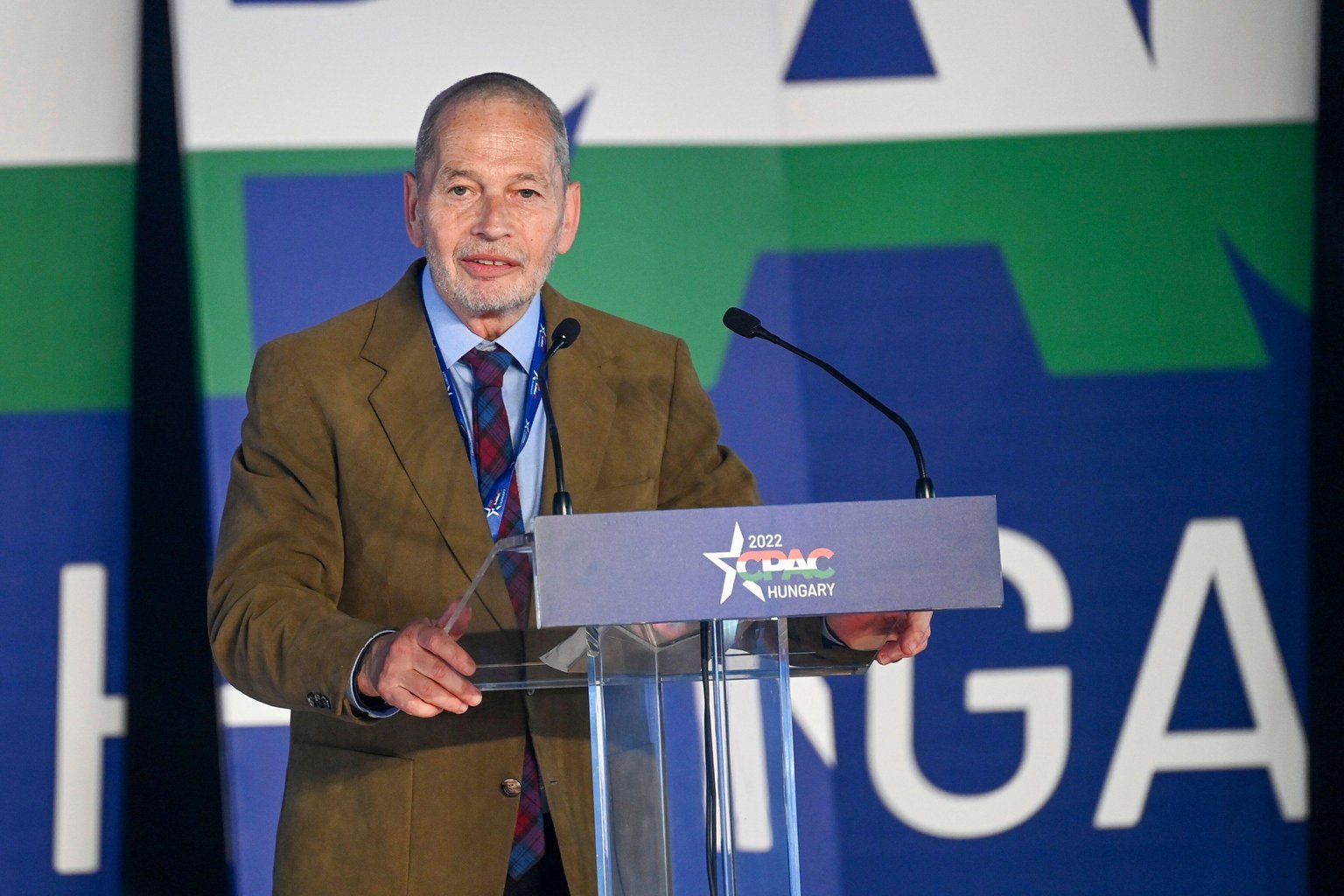 My history book is the latest victim of the Kremlin’s attempts to rehabilitate the Soviet Union, says Orlando Figes
My history book is the latest victim of the Kremlin’s attempts to rehabilitate the Soviet Union, says Orlando Figes
Yesterday, the Moscow publishing house Atticus Group (Inostranka) cancelled a contract to publish my latest book in Russia. The reason given by the publisher is the economic situation,which may be part of the story, though I suspect (as do my friends in Russia) that the real reason is political. The history in my book is inconvenient to the current regime in Russia.
The Whisperers: Private Life in Stalin’s Russia draws on several hundred family archives and thousands of interviews with survivors of the Stalinist regime which I conducted with Memorial, a nationwide human rights and historical research centre which for twenty years has pioneered the research of Stalinist repressions in the Soviet Union. Memorial has been nominated for the Nobel Peace Prize three times in the past three years.
On 4 December a group of masked men from the Investigative Committee of the Russian General Prosecutor¹s Office forced their way with police truncheons into the St Petersburg offices of Memorial. After a search the men confiscated hard-drives containing the entire archive of Memorial in St Petersburg: databases with biographical information on victims of repression; details about burial sites in the St Petersburg area; family archives; sound recordings and transcripts of interviews.
Among the confiscated items was the entire collection of materials in the Virtual Gulag Museum, a much-needed initiative to rescue precious artefacts, photographs and documents from more than a hundred small exhibits under threat across Russia (a country where there is just one substantial museum of the Gulag, Perm-36, in the Urals).
All the materials I collected with Memorial in St Petersburg (about one-third of the sources used in The Whisperers) were also confiscated by the police. Luckily, I have copies of the documents on my website (www.orlandofiges.com). But the rest of the confiscated items remain in the hands of the police.
The raid on Memorial is part of a broader ideological struggle over the control of history publications and teaching in Russia that may have influenced the decision of Atticus to cancel my contract.
The Kremlin has been actively campaigning for the rehabilitation of Stalin. Its aim is not to deny Stalin’s crimes but to emphasise his achievements as the builder of the country’s ‘glorious Soviet past.’ It wants Russians to take pride in Soviet history and not to be burdened with a paralysing sense of guilt about the repressions of the Stalin period.
At a conference in June 2007, Putin called on Russia’s schoolteachers to portray the Stalin period in a more positive light. It was Stalin who made Soviet Union great, who won the war against Hitler, and his ‘mistakes’ were no worse than the crimes of Western states, he said. Textbooks dwelling on the Great Terror and the Gulag have been censored; historians attacked as ‘anti-patriotic’ for highlighting Stalin’s crimes.
The presidential administration has promoted its own textbook, The Modern History of Russia, 1945-2006: A Teacher’s Handbook. According to one of its authors, the Kremlin propagandist Pavel Danilin, its aim is to present Russian history ‘not as a depressing sequence of misfortunes and mistakes but as something to instill pride in one’s country. This is precisely how teachers much teach history and not smear the Motherland with mud.’
Danilin is a close associate of Gleb Pavlovsky, a presidential adviser and the editor of the Russian Journal, which aims to create an intellectual base for Putin’s pseudo-democracy.
A special December issue on the ‘Politics of Memory’ was published to coincide with the raid on Memorial. It contained two articles viciously attacking the work of Memorial for playing into the hands foreign historians accused of setting out to blacken Soviet history by focusing on Stalin’s crimes.
The Whisperers has been translated into 22 foreign languages, including all the European languages of the former Soviet Union – except Russian, it now seems.
Orlando Figes is professor of history at Birkbeck College, University of London





